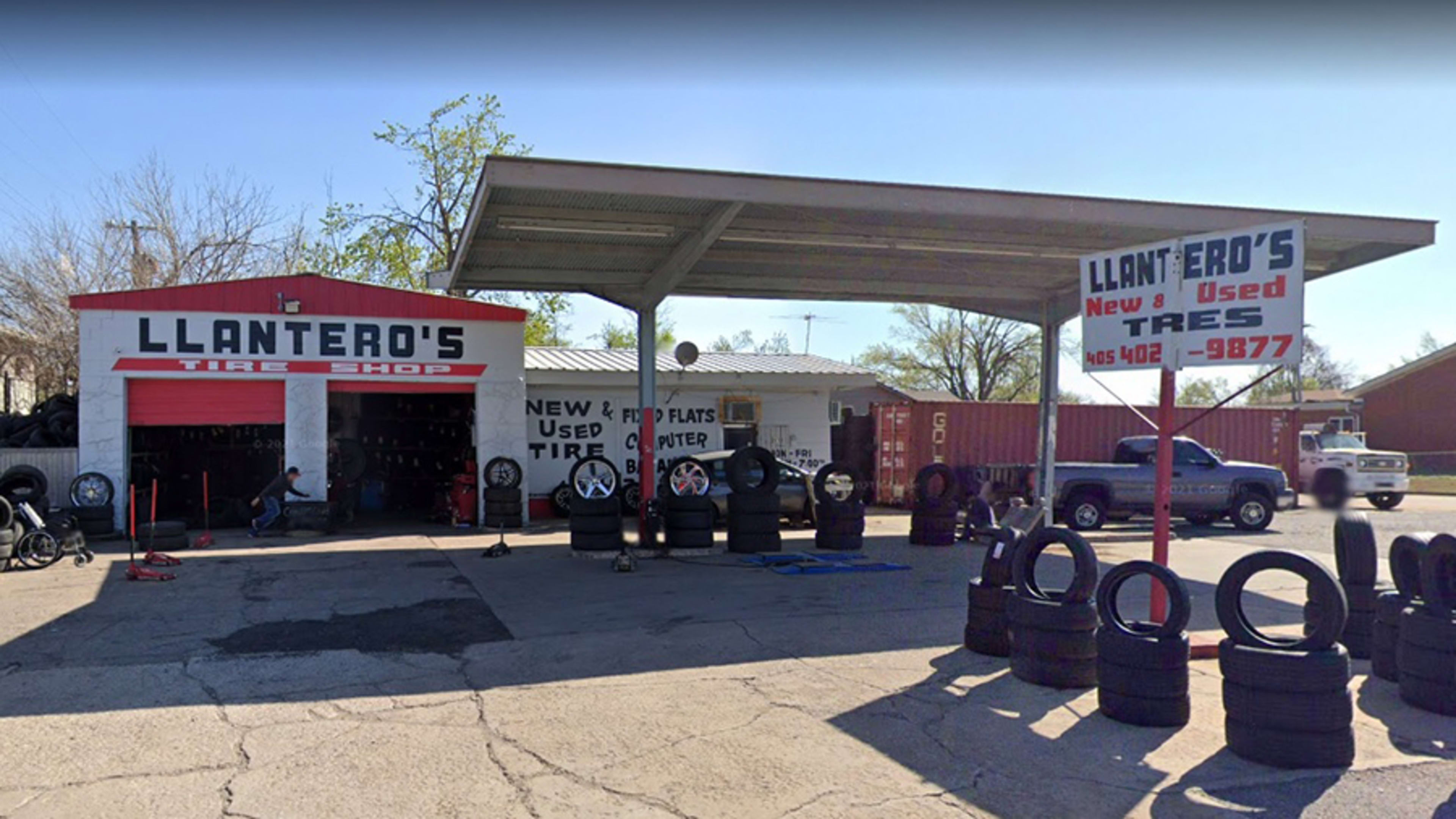Discover Top Tire Tracks Morris IL: Your Ultimate Destination for Top Quality Tire Solutions
Discover Top Tire Tracks Morris IL: Your Ultimate Destination for Top Quality Tire Solutions
Blog Article
The Environmental Benefits of Proper Tire Maintenance
Keeping proper tire care is typically forgotten, yet its impact on the setting is profound. Proper tire upkeep not just prolongs the life expectancy of tires but likewise lowers garbage dump waste and adds to enhanced air quality.
Minimized Fuel Intake
Improving tire maintenance practices can lead to a substantial decrease in fuel intake for cars. According to the U.S. Department of Power, underinflated tires can lower gas mileage by 0.2% for every 1 psi decline in pressure in all 4 tires.
Along with tire pressure, normal tire rotations and alignments likewise play an important function in gas efficiency. Unevenly used tires can boost fuel consumption as the engine works harder to preserve speed and grip. By keeping correct alignment and revolving tires at recommended periods, drivers can ensure also use and prolong the life of their tires, inevitably saving gas and minimizing their carbon impact.
Extended Tire Life Expectancy
Prolonging the lifespan of tires is a crucial element of efficient automobile upkeep techniques that can yield expense financial savings and environmental benefits over time. By appropriately keeping tires, drivers can significantly prolong their use, lowering the frequency at which brand-new tires need to be made and old ones taken care of. This not just conserves useful sources but also minimizes the energy and emissions related to tire manufacturing and disposal processes.
On a regular basis checking tire stress, turning tires, and guaranteeing appropriate positioning are vital steps in extending tire life-span. Ample walk deepness is crucial for optimum grip and security, yet it likewise plays a role in the length of time tires can be utilized prior to requiring substitute. Additionally, avoiding aggressive driving behaviors that speed up tire wear, such as harsh stopping and doglegs, can further boost tire resilience.
Ultimately, enhancing the long life of tires with proactive upkeep not only benefits the atmosphere by reducing waste and saving resources however also brings about cost savings for car proprietors by postponing the need for new tire acquisitions.
Reduced Discharges Result
Efficient tire upkeep practices contribute to a reduction in exhausts output, aligning with ecological sustainability goals in the automobile market. By keeping optimal tire stress levels, motorists can help minimize these negative environmental impacts.
Moreover, well-kept tires also boost traction and reduce rolling resistance, further improving gas effectiveness. This, subsequently, minimizes the amount of exhaust gases launched into the atmosphere. In addition, making sure tires are correctly blown up and lined up can prolong the life expectancy of the tires, minimizing the frequency of tire substitutes and the connected environmental expenses of tire manufacturing and disposal.

Reduced Land Fill Waste
Provided the positive effect of proper tire upkeep on lowering discharges output, an additional substantial environmental advantage is the capacity for reduced land fill waste. They wear out faster and need to be changed extra frequently when tires are not preserved appropriately. This leads to a higher volume of used tires being thrown away in garbage dumps. Nevertheless, by guaranteeing that tires are correctly blown up, aligned, well balanced, and rotated frequently, their life expectancy can be dramatically expanded. This means that fewer tires finish up in landfills, lowering the amount of non-biodegradable waste in these currently overflowing sites.

Improved Air Quality
Enhancing air top quality with appropriate tire upkeep techniques is an important element of sustainable ecological stewardship. When tires are underinflated, they create extra rolling resistance, resulting in boosted gas consumption and higher discharges of hazardous toxins such as carbon monoxide and nitrogen oxides. Appropriately filled with air tires not just improve gas performance but also minimize the quantity of contaminants released right into the air.
Furthermore, well-kept tires with correct walk depth and alignment add to you can find out more safer driving conditions, decreasing the likelihood of crashes that can lead to the release of additional pollutants into the environment. By extending the life-span of tires via normal maintenance and rotation, less tires are disposed of prematurely, reducing the ecological impact of tire disposal and production processes.
Final Thought
In verdict, correct tire maintenance offers various ecological advantages. It is necessary for people to focus on tire maintenance as an easy yet efficient means to protect the setting for future generations.
Appropriate tire upkeep not only expands the life expectancy of tires but also reduces landfill waste and contributes to enhanced air top quality - tire shop near me. By maintaining proper alignment and rotating tires at advised intervals, important link chauffeurs can make sure even prolong the life and put on of their tires, eventually conserving gas and minimizing their carbon footprint
By correctly maintaining tires, vehicle drivers can considerably extend their functionality, minimizing the regularity at which new tires require to be manufactured and old ones disposed of.Routinely examining tire stress, revolving tires, and guaranteeing correct alignment are crucial steps in expanding tire lifespan. Additionally, making sure tires are properly pumped up and lined up can prolong the life expectancy of the tires, reducing the frequency of tire substitutes and the connected ecological prices of tire production and disposal.
Report this page